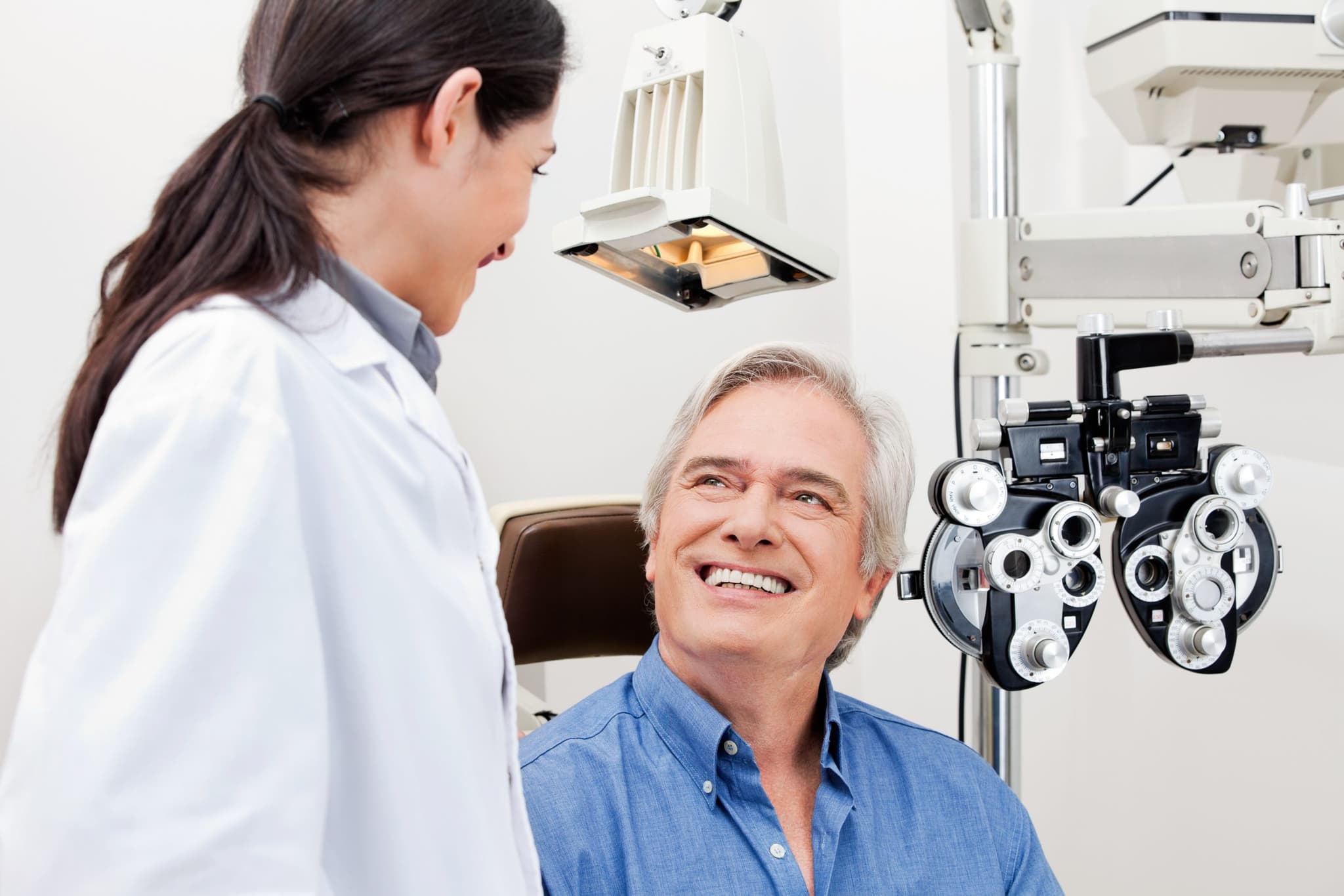
2022-06-15T09:48:15
Cataracts Awareness: Just See What you are Missing
- Ophthalmology
March 2, 2017 | Ophthalmology
Specialties:Ophthalmology

Many people think of shedding tears as a way to express emotion, but tears play a large role in eye health. In fact, tears help keep the eyes lubricated and free of major dryness. They also provide nutrients that help keep the front of the eye healthy and vision clear. Tears can wash away things we don’t want in the eye, and lower the risk of eye infection.
When tears aren’t produced properly, it can cause a condition called dry eyes, also known as dry eye syndrome or chronic dry eyes. Symptoms of dry eyes can be managed and even prevented in many cases by following the right habits. Here’s a look at what causes dry eyes, and what you can do to treat them.
Those with chronic dry eyes either don’t produce enough tears, or produce tears that are poor quality:
Most forms of chronic dry eyes are caused by inadequate tears, and are called keratoconjunctivitis sicca (KCS). Symptoms of KCS can include:
There are several factors that increase risk for chronic dry eyes:
If not treated properly, dry eyes can lead to things like infections, surface damage and pain. They can also damage vision.
Diagnosing dry eyes can usually be done during a comprehensive eye exam. Another test, called the Schirmer test, uses blotting paper to measure the amount of tears your eyes soak up. There may also be special dye tests used to check the surface condition of your eyes.
Treatment options for dry eyes can vary. Some cases can be treated with drops or take care of themselves in a few weeks. Other treatments focus on removing the initial cause of the dry eyes, and they can include:
If you’ve been diagnosed with dry eyes or are at risk for developing them, there are several preventive tactics you can use to help manage symptoms:
If you are experiencing dry eye symptoms, speak to your doctor about how you can treat your symptoms.
“Dry eyes.” The Mayo Clinic. http://www.mayoclinic.org/diseases-conditions/dry-eyes/basics/definition/con-20024129
“Dry Eye.” American Optometric Association. http://www.aoa.org/patients-and-public/eye-and-vision-problems/glossary-of-eye-and-vision-conditions/dry-eye?sso=y
WRITTEN BY:
The Live Better Team
This information is not intended to replace the advice of a medical professional. You should always consult your doctor before making decisions about your health.